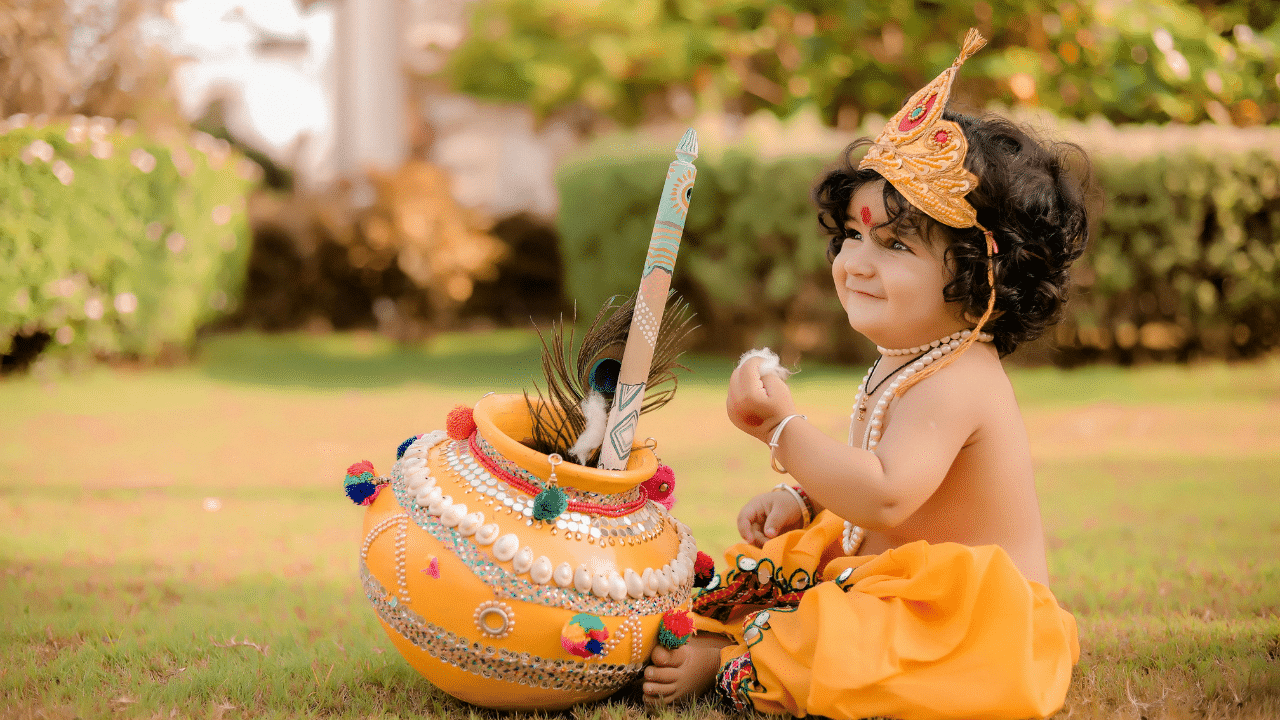Mumbai: Janmashtami is one of the most celebrated Hindu festivals, observed as the birth anniversary of Lord Krishna, the eighth incarnation of Lord Vishnu. Each year, devotees mark the occasion with immense devotion, fasting, and rituals that honour the birth of the divine child. Homes and temples are beautifully decorated, bhajans (devotional songs) are sung, and midnight celebrations are held to commemorate the exact time of Krishna’s birth.
The festival, also known as Gokulashtami, is observed on the Ashtami Tithi (eighth day) of the Krishna Paksha in the month of Bhadrapada. Across India and worldwide, millions of devotees take part in the festivities, symbolising faith, love, and reverence for Krishna, who holds a central place in Hindu beliefs as a protector, philosopher, and guide.
Significance of Janmashtami
Lord Krishna, revered as the eighth avatar of Lord Vishnu, is one of the most beloved deities in Hinduism. His life and teachings, especially those in the Bhagavad Gita, are considered a guiding light for humanity. On Janmashtami, devotees fast, chant mantras, and re-enact episodes from Krishna’s childhood. The celebration also highlights his role as a destroyer of evil and preserver of dharma.
Rituals and observances
The birth of Lord Krishna is celebrated during Nishita Kaal, the auspicious midnight hour. According to scriptures, he was born during the Rohini Nakshatra on Bhadrapada Krishna Paksha Ashtami. Devotees keep a strict fast throughout the day, which is broken with rituals after the midnight puja. Temples organise grand events, with Krishna idols adorned in new clothes and jewellery, and rituals performed with full Vedic traditions.
When is Janmashtami in 2026?
In 2026, Janmashtami will be celebrated on Friday, 4 September.
Every year, there is often some confusion regarding the exact date, as the alignment of Tithi (lunar date) and Nakshatra (constellation) sometimes leads to celebrations being observed on two consecutive days. In such cases, the first day is usually marked by followers of the Smarta tradition, while the second day is observed by Vaishnava devotees.
